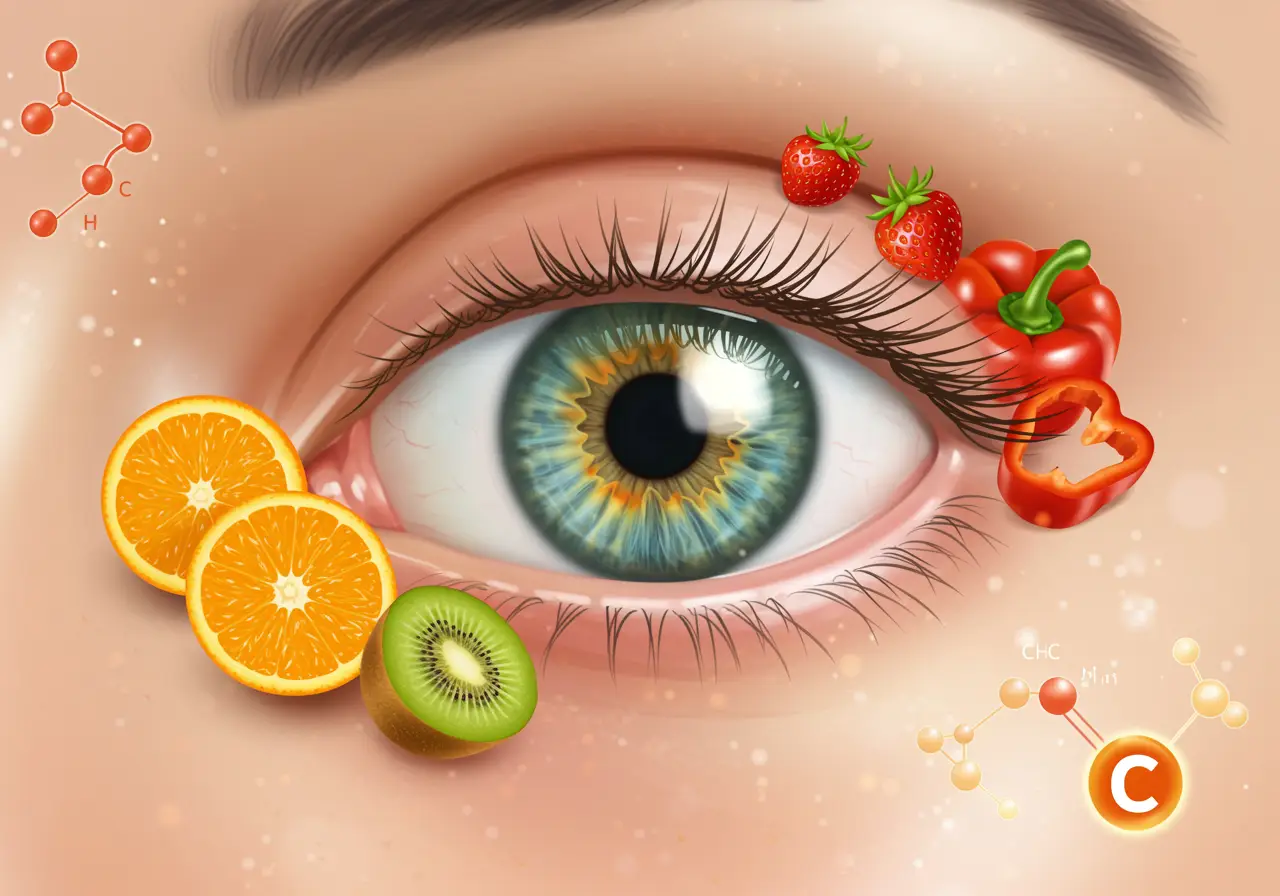
טיפות דמעות – מה זה ולמה משתמשים בהן?
טיפות דמעות הן תמיסות רפואיות או קוסמטיות שמטרתן להקל על
Blurred vision can be a very stressful situation for patients and has several possible causes, with each factor requiring a different and special investigation and treatment. From the early morning sunrise to the vibrant colors of the evening sky, our eyes capture countless captivating images every day. But what happens when these beautiful sights start to blur, making it challenging to distinguish the outline of a cloud from a treetop? Blurred vision is a common complaint and may indicate various eye and health conditions. It is essential to identify these causes early and give the appropriate treatment to ensure the overall health of our eyes.

Blurred vision is a key symptom indicating a decrease in visual acuity or clarity of vision. This symptom can appear in one or both eyes, with the severity ranging from mild blurring to complete vision loss. Cases of blurred vision can be temporary or chronic, depending on its cause. It is essential to see an eye doctor when blurred vision persists, as it may be an early warning sign of certain dangerous health conditions.
1. Refractive errors: These are the most common cause of blurred vision and include conditions such as myopia (myopia), hyperopia (nearsightedness), astigmatism and presbyopia (loss of near vision with age). Each of these conditions affects the way light enters the eye, causing it to focus incorrectly and distort the image.
2. Cataracts: Age-related opacity of the lens of the eye leads to cataracts, which can cause vision to become cloudy or blurry. Besides age, other factors such as diabetes, smoking and prolonged exposure to sunlight can accelerate the formation of cataracts.
3. Glaucoma: This is a group of eye conditions that damage the optic nerve, usually due to abnormally high pressure in the eye. Blurry vision in glaucoma is often accompanied by loss of peripheral vision.
4. Diabetic retinopathy: Long-term diabetes can damage the blood vessels of the retina, and lead to diabetic retinopathy. This condition can cause blurred vision or even vision loss if not managed properly.
5. Macular degeneration: This is a disease that deteriorates the central part of the retina, known as the macula, leading to blurred vision or a blind spot in the central vision.
6. Dry eye syndrome: Lack of sufficient tears may cause blurred vision along with a burning or stinging sensation in the eyes.
7. Migraines: Some people may experience blurred vision or even a visual aura before a migraine attack.
8. Neurological conditions: Certain neurological disorders, such as multiple sclerosis or stroke, can also cause blurred vision.
The treatment of blurred vision depends largely on the underlying cause. Below are some of the common treatments for the reasons mentioned:
1. Corrective lenses and refractive surgery: eyeglasses or contact lenses are the most common treatment for refractive errors. In some cases, refractive surgery such as LASIK or PRK can surgically correct these errors.
2. Cataract surgery: When a cataract significantly interferes with daily activities, it is recommended to perform a surgical procedure to replace the cloudy lens with an artificial lens (cataract surgery).
3. Glaucoma medications and surgeries: Glaucoma treatment may include eye drops, laser therapy, or surgical interventions to lower intraocular pressure and protect the optic nerve.
4. Management of diabetic retinopathy: Regular eye exams, control of blood sugar levels and timely laser treatments or vitrectomy can help in the management of diabetic retinopathy.
5. Injections and laser therapy for macular degeneration: Anti-VEGF injections and therapy are usually used to treat wet macular degeneration, while lifestyle changes and vitamins are recommended for dry macular degeneration.
6. Artificial tears for dry eye syndrome: Over-the- counter artificial tear solutions can be effective. If these are not enough, a doctor may suggest other treatments such as prescription eye drops, autologous serum, punctal plugs, meibomian gland squeezing, IPL treatments, or pills.
7. Migraine medications: Over-the-counter pain relievers, triptans, and preventative medications can help manage migraines and related symptoms.
8. Management of neurological disorders: This includes managing the underlying neurological condition through medication, physical therapy, lifestyle changes, or, in some cases, surgery.
In conclusion, blurred vision, although common, can be a sign of various eye and health diseases. Understanding the potential causes and awareness of the comprehensive treatment approaches ensures that we prioritize our eye health and maintain our ability to see the world in its beauty. Any change in vision, no matter how slight, should never be ignored. Regular eye exams are essential, especially for those with a familial predisposition. As the old saying goes, 'prevention is better than cure', so let's take a proactive stance towards our eye health.

טיפות דמעות הן תמיסות רפואיות או קוסמטיות שמטרתן להקל על

ויטמין C הוא אחד הוויטמינים החיוניים ביותר לבריאות העיניים, הודות

מרכז מומחים לאבחון וטיפול מתקדם בתסמונת העין היבשה ומחלות פני שטח העין















